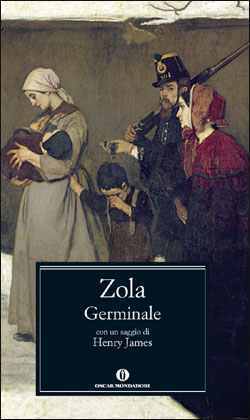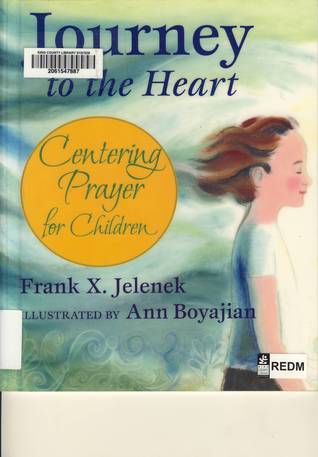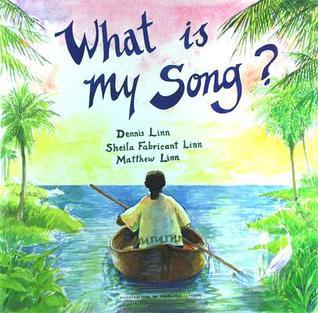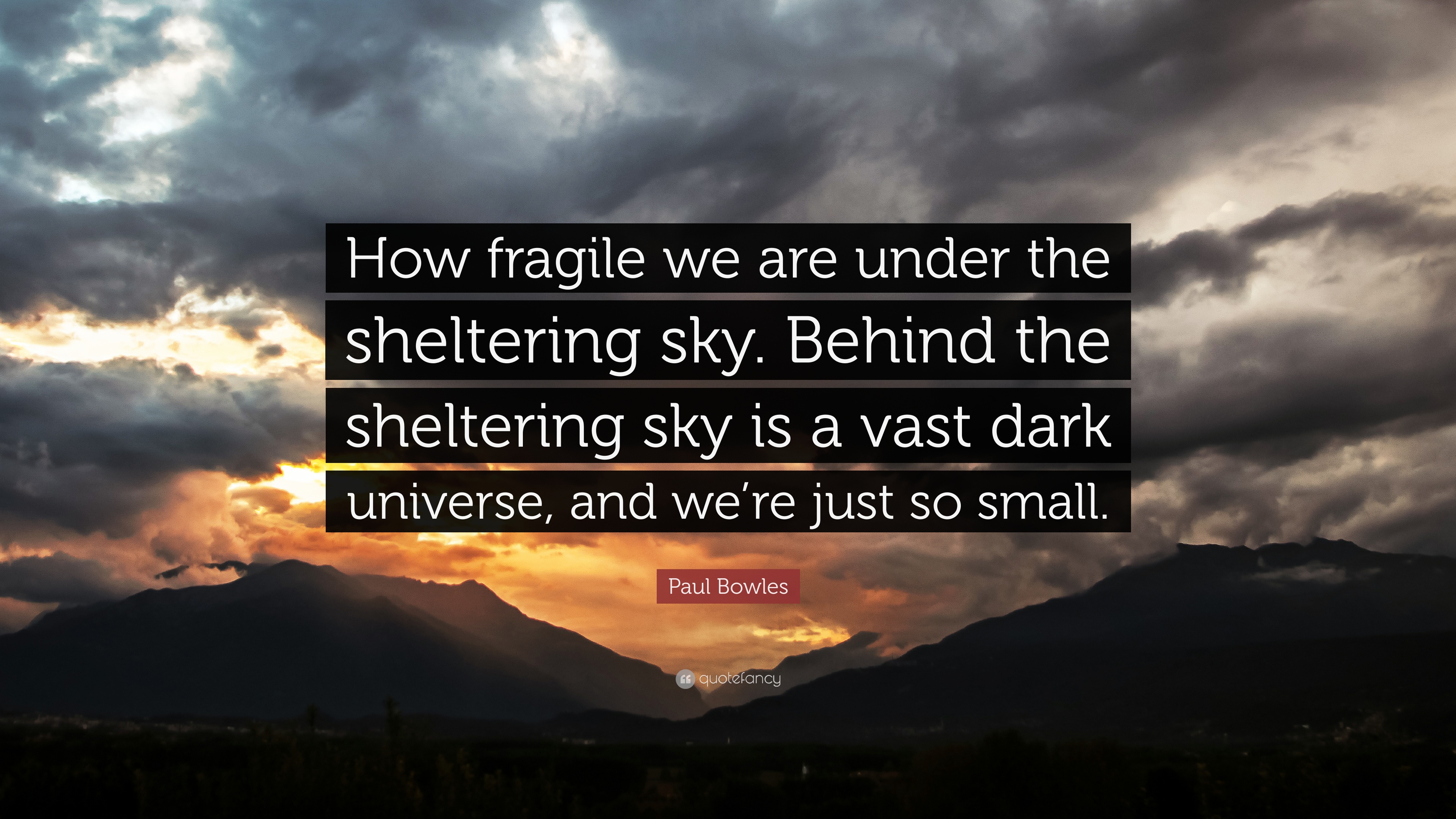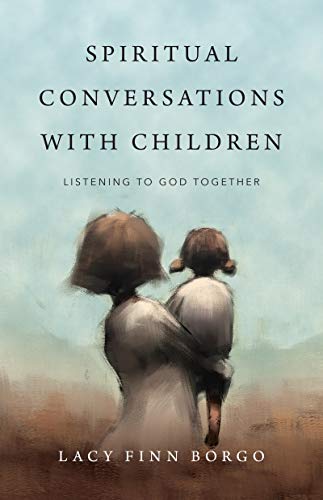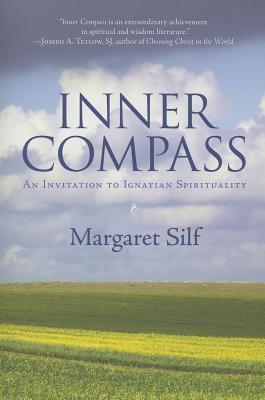 |
| Spiritual Direction Training |
I cannot believe how much peace I feel after sharing my concerns with my coworkers. YAY!
This morning, I supervised someone I have been supervising for the last two years. SUCH GROWTH. The first supervision I did with her two years ago involved this directee, and it is amazing to see how much the directee has grown and the director has grown. I love what I do!
I realize that I need to let go of who they think should take my place as I step out of one of my jobs. I think I have someone in mind, and if they ask me, I will tell them. She would be perfect. Oh, that reminds me, I need to tell the other group that I work with that the person who I did a letter of recommendation for would be perfect. I responded within four minutes that I had no reservations, but they had more questions.
Is she going to stay in the "Spiritual Direction Lane"? I had to chuckle for many reasons. Is there a "Spiritual Direction Lane"? I am still chuckling at it because the question is more, "Will they stay in how we define the "Spiritual Direction Lane"?
It is all so amusing since one of the things I did when I was supervising this person was to help her feel free to follow the Spirit's leading. It is about a lane that the Holy Spirit makes.
Yes, I understand people not teaching, preaching, prophesying, but even one of the people I go to (when my regular spiritual directors would have a conflict of interest, i.e. she would definitely know who I am talking about if I were to bring up an issue for supervision/direction) says, "Carol, I am going to take off this hat and put another hat on and say......" And then they go on to say something that isn't very "Spiritual Direction Lane Like."
No worries though. This person stays in their lane pretty well. So, I can still recommend them without reservation as one of their directors. She is a peach.
So on to my "Slowing September." I am 18 days in, and it is going so much better than my stressful August. I have something coming up that might be stressful because the person I am working with is pretty high on the control scale, but I have known them for probably 15 years, and I can let go of their controlling tendencies and not expect much. I will add "color" to the work rather than try to run it. I give them the right to control away. I know that sounds like a cop-out, but I think they have to learn long-term that they are doing what they do out of their need for significance.
I can just love. I will love. Love and let go. That is what I am being led to do.
So, today is my second time with the 19th Annotation people of the Spiritual Exercises. I am "postponing my dream no longer"! The dream is now. I have dreamed of leading groups through the Exercises. I have loved doing it one on one for the past four years, but my dream was to have groups. I don't think I could do more than two groups a year, but I hope this develops into something. If it doesn't, I will certainly understand, but I want to just enjoy this process and learn. They are a pretty special group of four. I love each one so much. They are going to be such gifted spiritual directors!
Yippee. Siri says there are seven minutes left.
Oh, Portland is going to have a Women's NBA team in 2026! Can you believe it? I cannot believe it. Wow! That was such a shock to get that email.
The day is overcast so far, but the sun is supposed to come out in the afternoon. I have two more hours until I am with this group. I am eager to learn. Eager to grow as a group leader of fantastic people.
Tomorrow, what is on my plate? I think it might be totally free. It is so weird what a more free week I have had compared to last week! The Sustainable Faith training with Marty and Sandy was exhausting. Then I had a new directee over after that. It was so rewarding and good, but for the future, I think it is best not to schedule anything after fourteen hours of training future spiritual directors!
So, I am also going to see John and Katherine in 9 days. We will leave at 1 pm and drive to Monterey, either stopping halfway and driving the rest of the time in the morning or driving straight through. We will spend the weekend with them and leave on Monday to go to Mt. Herman for a retreat for the OMS. That is another decision I made that I feel really good about. After this retreat, I will become inactive with the OMS. It is a closed door for me right now. I feel like even if the door opened after the retreat, it is not the time to walk through it, I need to focus more on my local community and the training and supervising of spiritual directors. That is just what I want to do, Lord. That is the "what I came here for" kind of thing.
Bring the people, Lord. I have no desire to advertise or recruit. Just bring the people. Speak to them directly.



